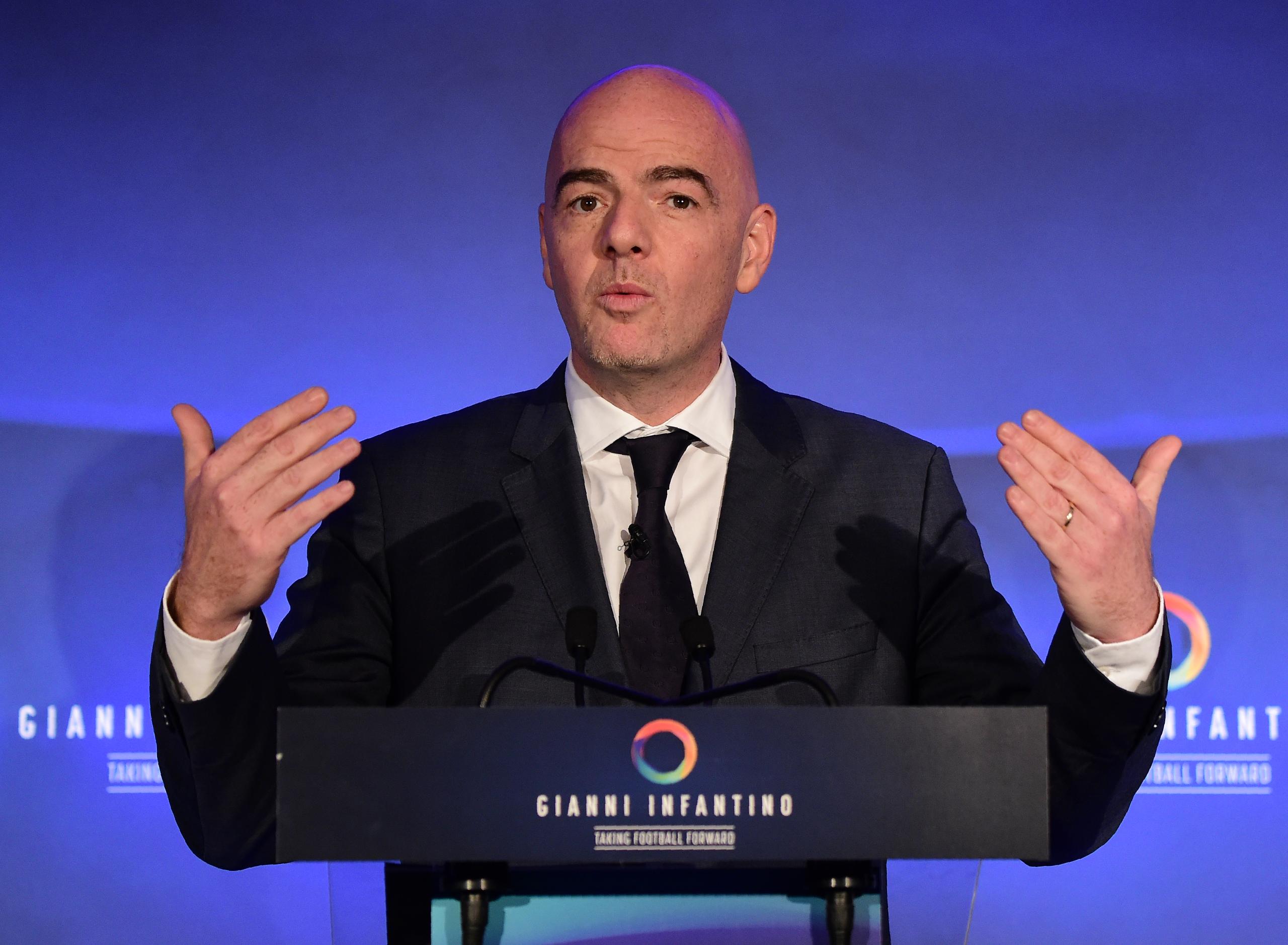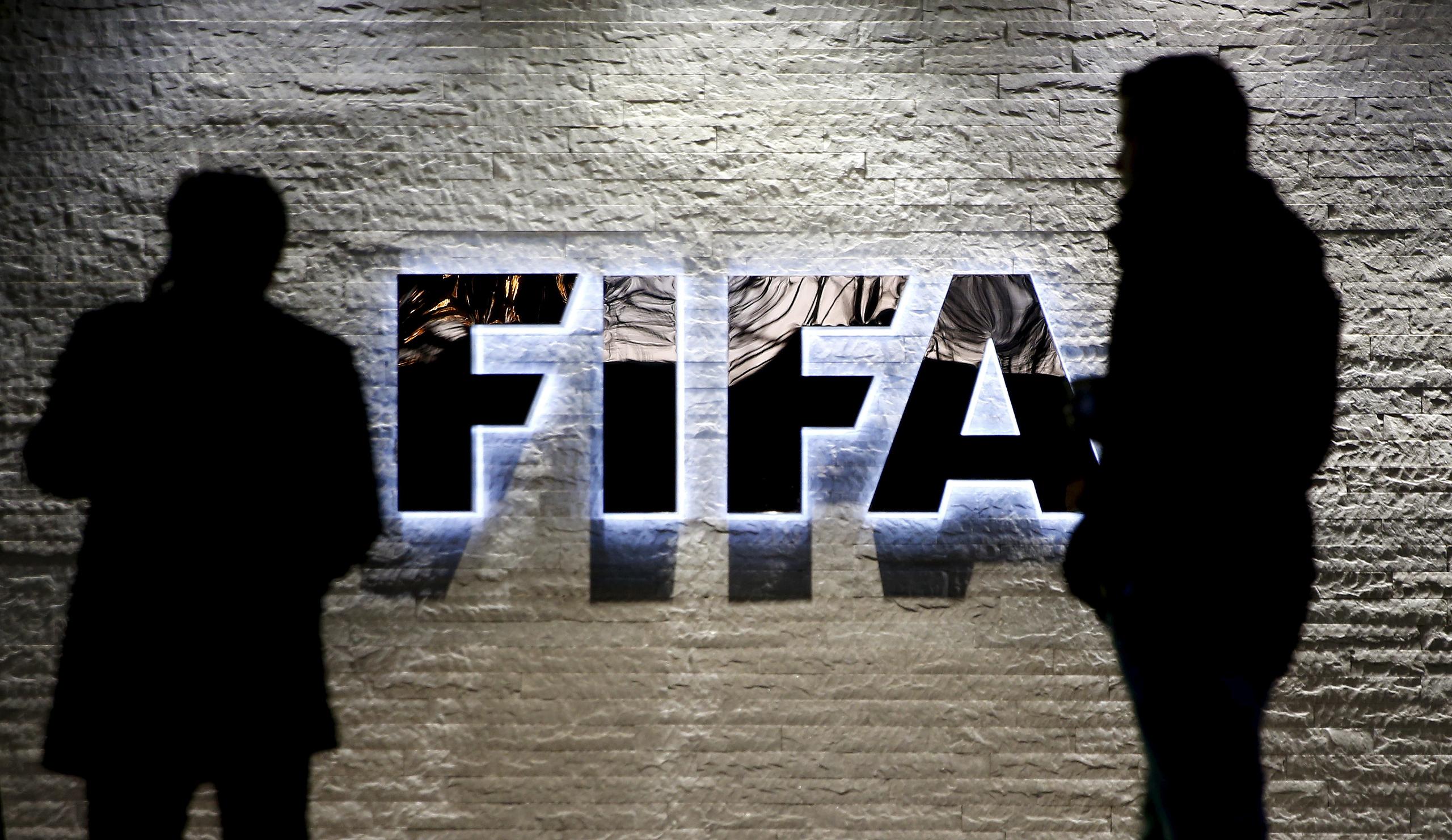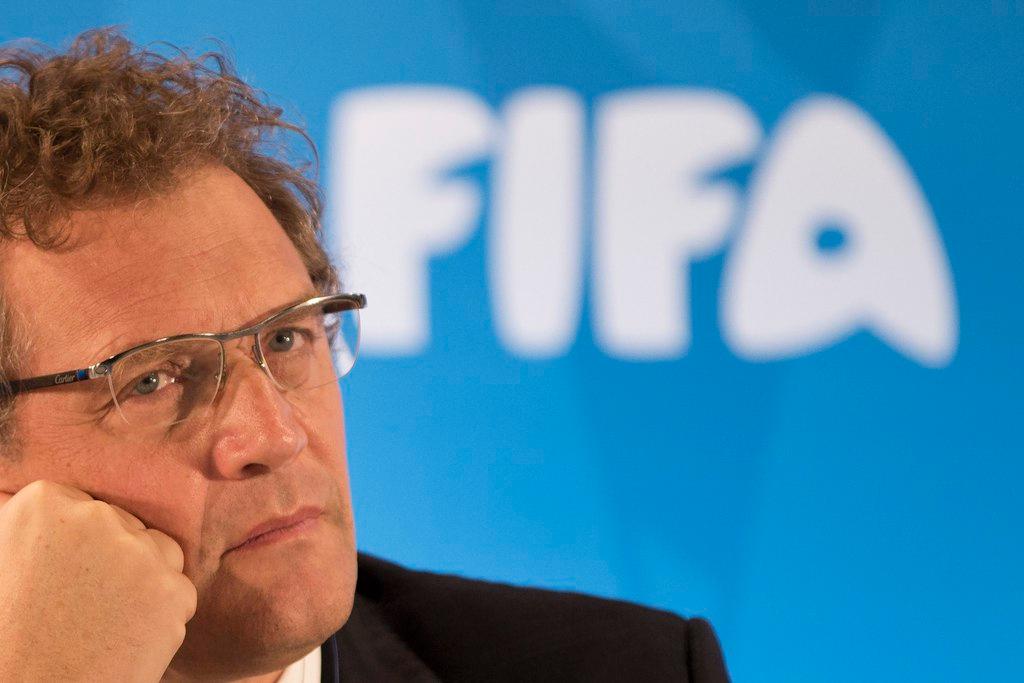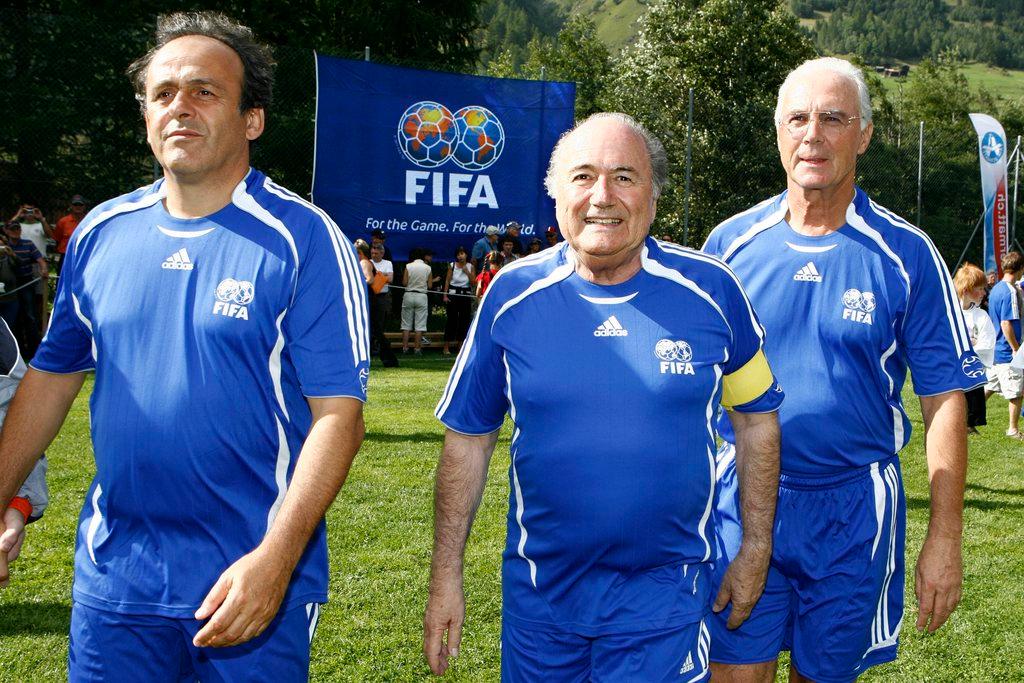The Swiss who would be king of football

A Swiss citizen from canton Valais, with a long career in football administration, wants to become president of FIFA. Sound familiar? Gianni Infantino says he is not Sepp Blatter, but critics point to him being a football insider, just like the other presidential candidates.
On the face of it, that sounds like a good idea. An intimate knowledge of the how football is run should fit nicely on the CV of anyone campaigning to take on the top job in the sport. But FIFA is not just any organisation. It is currently submerged under a corruption scandal and criminal investigations.

More
What’s the score in the long-running FIFA saga?
Infantino is not a FIFA insider but he is well versed in the politics of football having spent 15 years at UEFA, seven of them as general secretary. “Clearly, rebuilding trust in FIFA is key and it is imperative that the organisation, and everyone linked to it, embraces reforms to ensure FIFA becomes a modern, credible and transparent world governing body,” he said in emailed answers to questions. “I feel I am the right person to lead FIFA into a new era of credibility and development.”
The 45-year-old is one of five candidates campaigning to replace the disgraced Blatter at the top of football’s world governing body on February 26. The bookmakers have him as one of two clear favourites, alongside Sheikh Salman bin Ebrahim al-Khalifa, to claim the crown.
Infantino has a reputation as an efficient administrator. He appears adept at bringing people together whilst displaying a tougher side with those who step out of line. His major weakness is a lack of charisma, which he attempted to make up for by bringing football’s “Special One” José Mourinho and former stars Luis Figo and Roberto Carlos to the unveiling of his manifesto on February 1.
At that press conference he also promised a star-studded football match at FIFA’s headquarters in Zurich if he is elected.
“Blatini” connections
Despite his Swiss roots, Infantino is more closely associated with UEFA President Michel Platini than Blatter. That in itself has raised eyebrows as Platini (along with Blatter) is currently serving a six-year ban over a suspect CHF2 million payment. Infantino lodged his FIFA presidency candidacy at the last minute in October when it looked like Platini might have to pull out of the race (as he later did).
Swiss politician Roland Büchel, who has campaigned against FIFA corruption, believes that Infantino is the best bet for implementing reform of any of the candidates. Büchel does not believe Infantino should be judged for hailing from the same valley as Sepp Blatter, in a canton renowned by Swiss lore for favouring cronyism. “It is just by chance that he was born there,” said Büchel. “He does not have any other links with Blatter.”
Writing in an exclusive column for swissinfo.ch (see below), former FIFA communications chief Guido Tognoni said he would not be surprised to see a deal between Infantino and Salman if neither can garner a decisive majority. “A new regime of FIFA leadership, perhaps with Salman as president and Infantino as CEO, offers a pragmatic solution.”
For some, FIFA can never truly change its spots until the current crop of insiders are completely purged and replaced with fresh blood. “This farce of an election is just an exercise in self-deception,” British journalist Andrew Jennings, who lifted the lid on much of FIFA’s past corruption, told swissinfo.ch. “The criminal prosecutions in Switzerland and the United States have already seen many football officials arrested, and there will be more. For FIFA not to know who will actually be around to sit on their new committees is ludicrous. None of the current directors deserves to remain at FIFA.”
There is no suggestion that Infantino was in any way involved in the scandal that has engulfed Platini and Blatter. But he has repeatedly had to deny that his boss at UEFA is pulling his strings. His career at European football’s governing body, is instead, evidence that he knows what it takes to govern the game, he insists.
“During this time I have put football first in everything I have done. I have always fought for our game. Whether improving competitions, growing revenues, stamping out discrimination or making UEFA governance procedures more equitable for every member association, big or small,” he said.
Infantino has produced a list of proposed changes that largely mirror those already presented by FIFA’s Reform Committee. This is not surprising considering that he also sat on that same committee.
These reforms include forming a supervisory body to oversee the work of the executive, introducing financial transparency (revealing executive salaries and how marketing rights are awarded), beefing up compliance systems and limiting the terms of executives.
Campaigning criticism
He has also pledged to bring harmony among the 209 member associations by giving them a greater say in the running of FIFA. And he wants to end the shady way that money has been distributed to associations who later vote for executives during FIFA elections.
“It is essential that the proper institutional framework is put into place to ensure that there is strict control over all money flows involving FIFA, both money generated and money distributed or spent,” he said. “Moreover, these controls must be independently verified and monitored. Nothing is more important for the future credibility of FIFA.”
But the hurly burly of campaigning for the FIFA presidency has thrown up further doubts about the depth of genuine feeling for reform within FIFA’s “family”. The secret world of behind-the-scenes deals are what blighted FIFA in the first place.
One FIFA presidency candidate, Prince Ali bin al Hussein, recently criticised rivals of brokering confidential agreements with football associations in order to get their votes later this month.
“I am not a candidate who tries to use a couple of executive committees or confederations to push voters in a certain way,” he complained to reporters in Geneva. “If other candidates do choose to work on regions and try to divide up the world, then, yes, I think that is wrong.”

In compliance with the JTI standards
More: SWI swissinfo.ch certified by the Journalism Trust Initiative




You can find an overview of ongoing debates with our journalists here. Please join us!
If you want to start a conversation about a topic raised in this article or want to report factual errors, email us at english@swissinfo.ch.